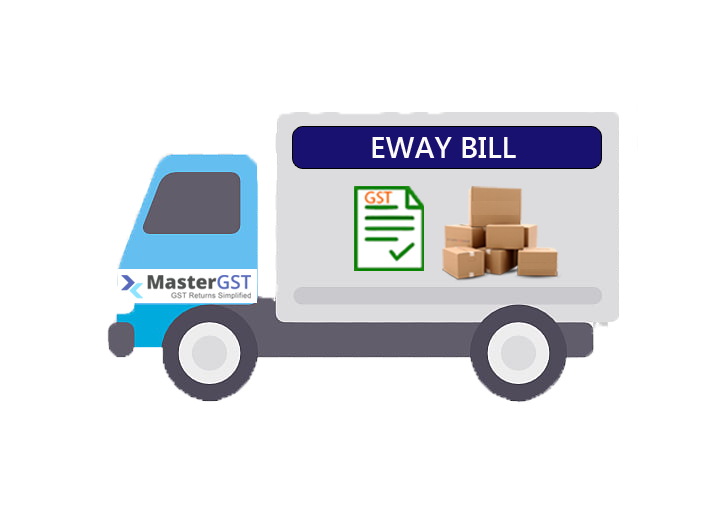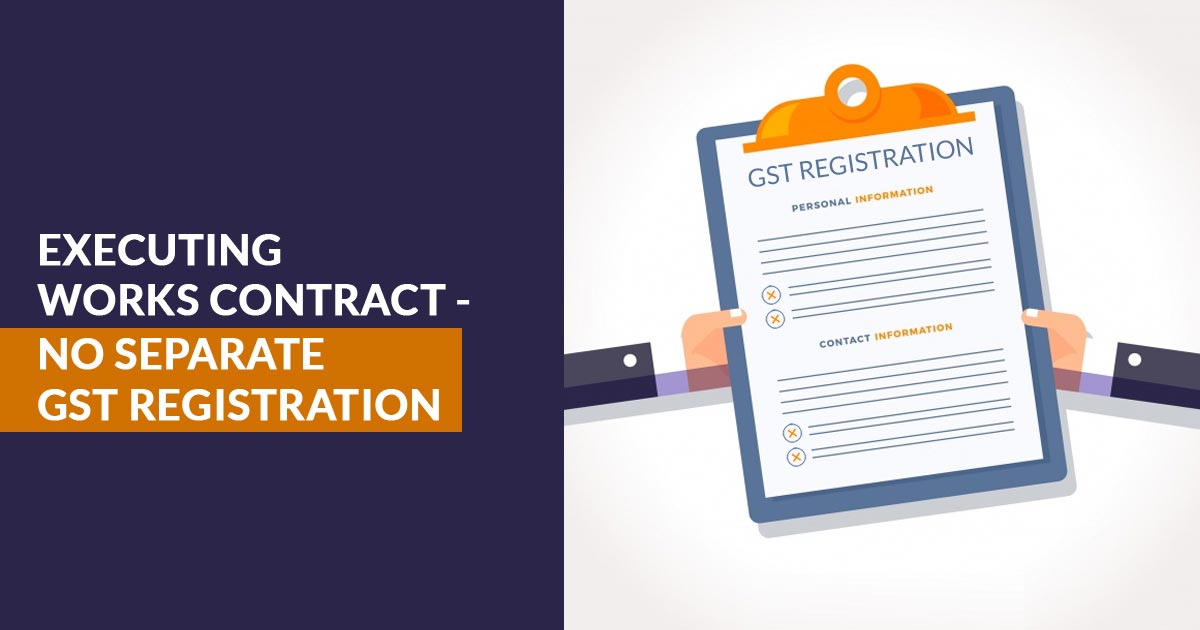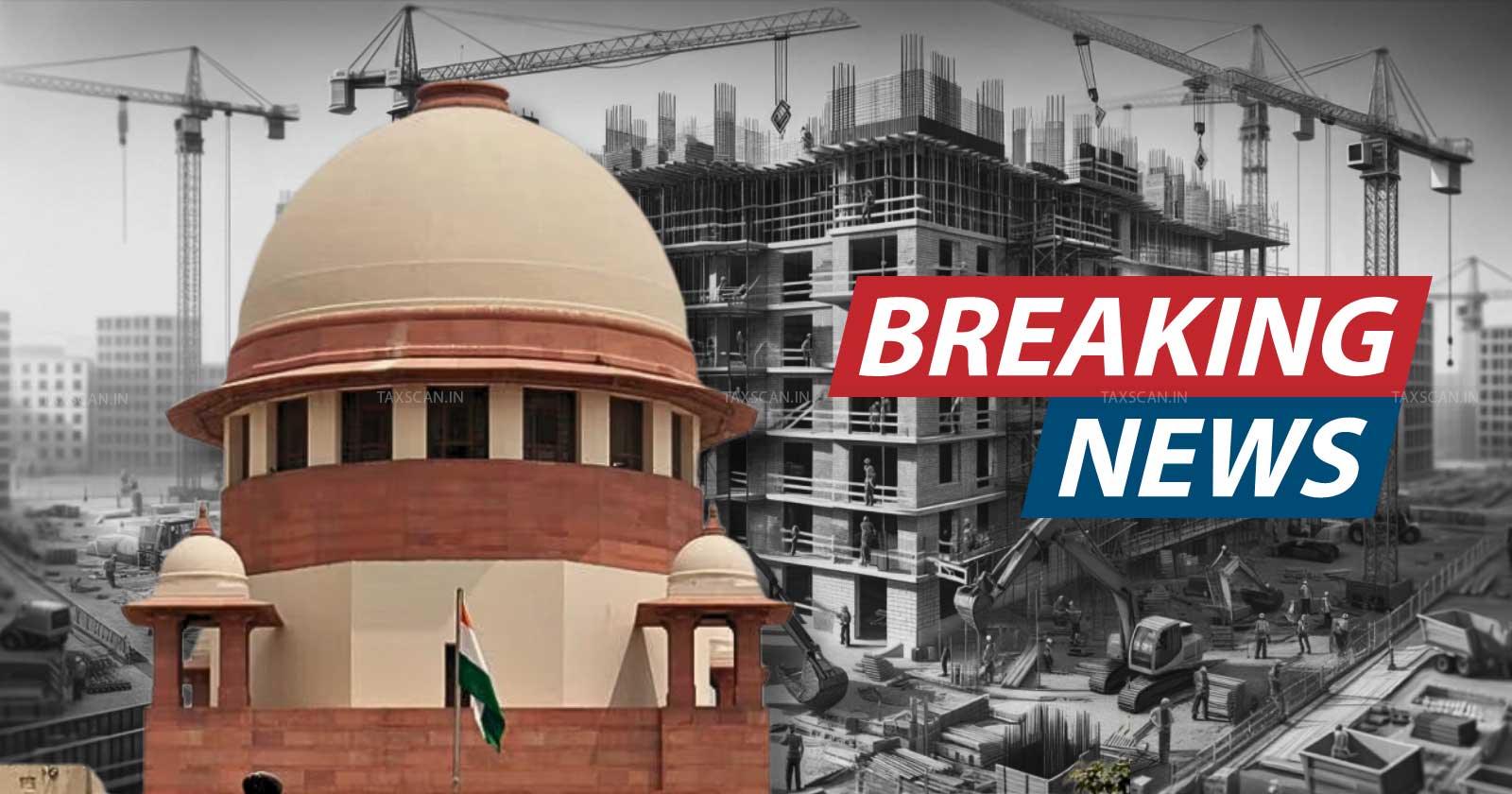Category: Goods and service tax
2024-12-01
Key Judgment Highlights: Unlocking ITC for Construction Activities
The Hon'ble Supreme Court has delivered a pivotal ruling on the nuances of blocked credits under Sections 17(5)(c) and 17(5)(d) of the Central Goods and Services Tax (CGST) Act, 2017. This decision redefines how businesses can claim Input Tax Credit (ITC) for construction-related activities.
Understanding the Provisions at Stake
1️⃣ Section 17(5)(c):
- Disallows ITC on works contract services for constructing immovable property (excluding plant and machinery).
- ITC is permitted only when services are used for providing further works contract services.
2️⃣ Section 17(5)(d):
- Restricts ITC on goods/services used for the construction of immovable property (excluding plant or machinery).
- Includes reconstruction, renovation, or repairs when capitalized in books.
Supreme Court’s Key Observations
1️⃣ Distinction in Terminology:
- The Court highlighted the intentional difference between “Plant and Machinery” (in Section 17(5)(c)) and “Plant or Machinery” (in Section 17(5)(d)), emphasizing that these are deliberate legislative choices.
2️⃣ Functionality Test:
- To qualify for ITC, the immovable property must function as a plant that is integral to business operations.
- Example: Buildings such as shopping malls or warehouses used to generate taxable services (like leasing or renting) could meet this criterion.
3️⃣ Use “On His Own Account”:
- ITC is restricted for properties constructed for personal use.
- However, properties constructed for taxable business purposes (e.g., leasing services) may qualify.
4️⃣ Constitutional Validity:
- The Court upheld the validity of Sections 17(5)(c) and 17(5)(d), but left it to the Orissa High Court to assess if Safari Retreats' mall qualifies as a “plant” under the functionality test.
Impact on Taxpayers
This ruling opens up opportunities for businesses to unlock blocked ITC for immovable property construction, provided they meet specific conditions:
- Businesses constructing malls, warehouses, or offices for taxable output services (like renting or leasing) may claim ITC if the property passes the functionality test.
- The judgment reiterates that ITC is a statutory benefit, not an automatic right.
Verdict Summary
- The Supreme Court remanded the case to the Orissa High Court to evaluate if the mall in question can be considered a “plant” essential for generating taxable services.
- The decision provides clarity but necessitates businesses to demonstrate the functional role of constructed immovable property in generating taxable services.
- The Safari Retreats Pvt. Ltd. v. Chief Commissioner of Central Goods & Service Tax case addressed a key issue under the GST framework regarding the eligibility of Input Tax Credit (ITC) for properties constructed and subsequently let out for rent.In this case, Safari Retreats, which constructed a shopping mall for leasing, claimed ITC on the input tax paid during construction. The revenue department denied ITC based on Section 17(5)(d) of the CGST Act, which disallows ITC for construction of immovable property not intended for sale. The petitioner argued that since GST was charged on the rental income (a taxable supply), denying ITC created a cascading tax effect, contrary to the principles of GST - Gujarat Hight Court.









